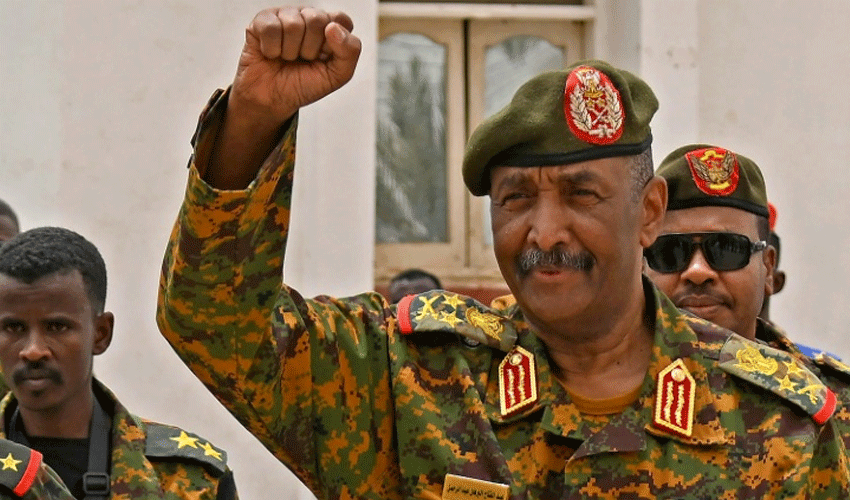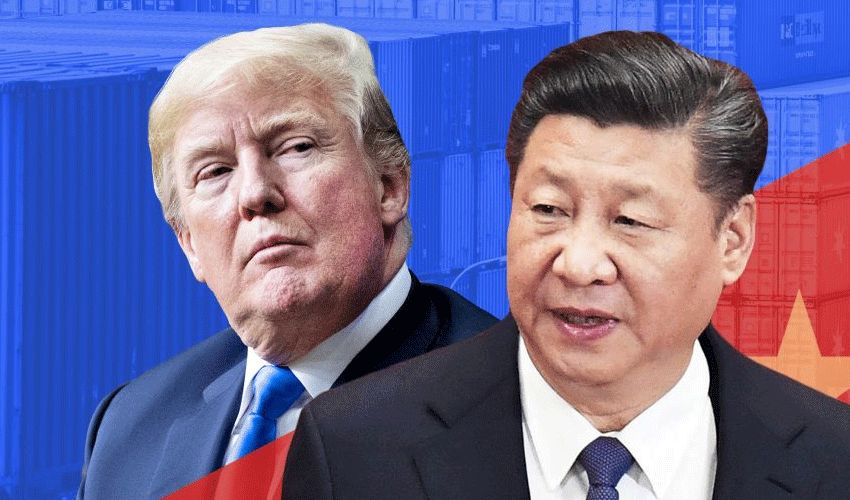Sudanese army chief Abdel Fattah al-Burhan on Wednesday declared the capital “free” after government forces recaptured the strategic Khartoum airport from the paramilitary Rapid Support Forces (RSF).
The announcement came just days after the Sudanese Armed Forces (SAF) regained control of the presidential palace, which had been under RSF occupation since the fighting erupted in April 2023.
In a televised address from the palace, al-Burhan asserted that the army had successfully pushed RSF fighters out of central Khartoum. “The capital is now free,” he proclaimed, making his first appearance inside the palace in nearly two years.
Strategic gains
The recapture of Khartoum airport is seen as a major breakthrough for the SAF, which has launched an intensified offensive in recent weeks to reclaim territory from the RSF.
According to military sources cited by AFP, the army has also secured key access points, including both sides of the Manshiya Bridge, which spans the Blue Nile River in the capital. The RSF now controls only the Jebel Awliya Bridge, located just south of Khartoum, as its last remaining escape route from the city.
SAF forces further advanced on Wednesday, surrounding the strategic Jebel Awliya area—an RSF stronghold south of the capital. Witnesses reported RSF fighters retreating towards Jebel Awliya and beyond, suggesting an effort to regroup outside the city.
For months, RSF fighters had maintained a presence inside the airport, which lies just east of Khartoum’s government and business district. Their withdrawal marks a crucial shift in the battle for the capital.
War moves to Darfur
Despite the army’s recent victories, analysts warn that the war is far from over. Speaking to Al Jazeera, Sudan analyst Hiba Morgan noted that while the SAF has gained ground in the capital, the fighting is likely to intensify in western Sudan, particularly in the Darfur region.
“The RSF’s influence, which was dominant just five months ago, has significantly diminished, but the paramilitary group still controls vast territories in Darfur and southwestern Sudan,” she observed.
Amgad Fareid Eltayeb, a political analyst based in Cairo, echoed similar concerns. “The end of the war does not mean just a military victory—it requires a political settlement that dismantles the RSF’s hold on power,” he said. He also pointed to ongoing foreign support for the RSF, particularly from the United Arab Emirates, as a factor prolonging the conflict.
Sudanese celebrate army gains
The army’s latest advances have sparked celebrations among Khartoum residents who had endured two years of violence, displacement, and instability. Videos circulating on social media showed jubilant civilians, including former prisoners, pouring into the streets after being freed from RSF-controlled areas.
Elbashir Idris, a Sudanese analyst, described the RSF’s collapse as “quicker than the army’s ability to deploy itself.” Many Sudanese, he noted, see the SAF’s recent gains as a turning point in the conflict.
“This news is very welcome to a lot of Sudanese people who lost their homes in Khartoum two years ago,” he said. “For many, this victory marks the beginning of the RSF’s downfall.”


























